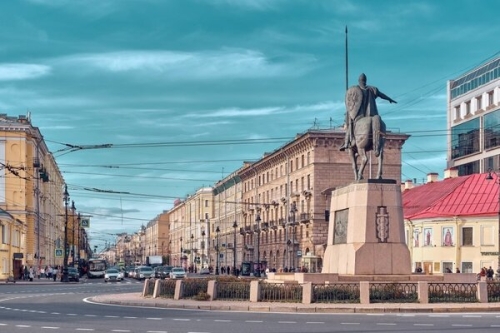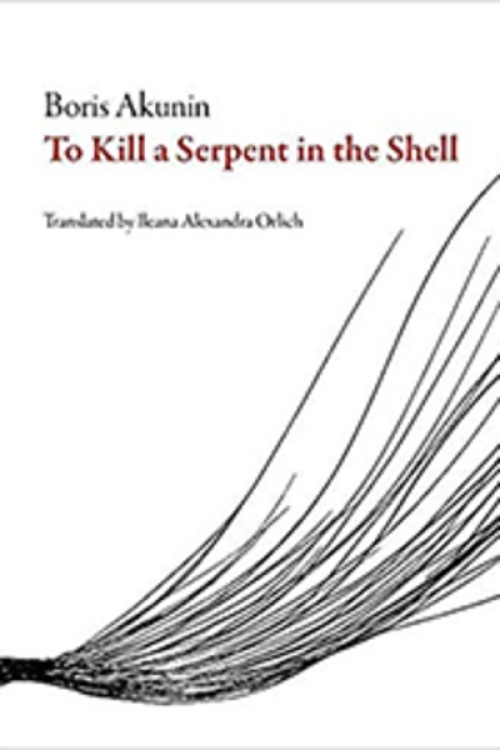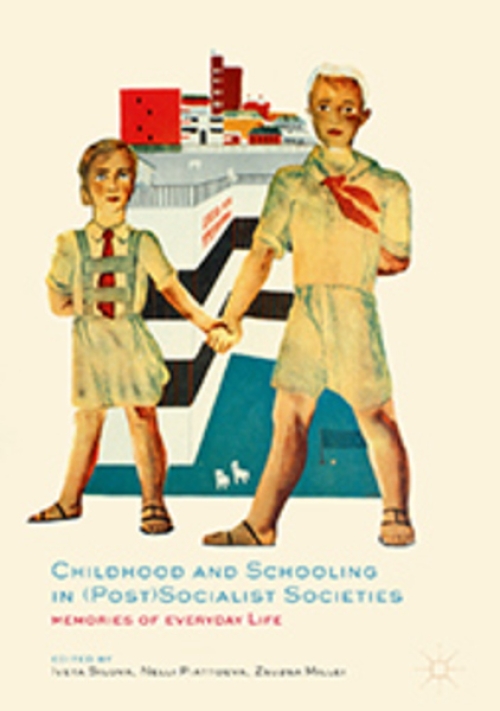
Resources: Eastern Europe
Displaying 121 - 132 of 143EU plans to set up a new court to prosecute Russia's war on Ukraine - but there's a mixed record on holding leaders like Putin accountable for waging wars
The EU plans to establish a special court with UN support to prosecute Russian leaders, including Putin, for aggression in Ukraine. This court aims to address the challenges faced by international justice systems, exemplified by the Serbian leader Milosevic's trial. Theconversation.com
Alexander Nevsky of Russia, Reanimated and Repurposed
The article discusses Russia's use of Alexander Nevsky's historical image to foster a nationalistic narrative amid its conflict with Ukraine. Nevsky, a medieval prince and saint, is portrayed as a symbol in Russia's ideological and physical battles, influencing both historical perception and current political strategies. WilsonCenter.org
Music and Morale Among Ukrainian Refugees
Olivia Arnold introduces the fall 2022 issue of Tactus, highlighting new columns and the power of choral music in connecting communities. She emphasizes empowerment, equity, and inclusion, and encourages community involvement and collaboration. Acdawestern.org/tactus
How Literature Became a Weapon in Russia's Culture Wars
Konstantin Goldman was arrested in Moscow for displaying Tolstoy's 'War and Peace' as a form of protest against Russia's military policies. Literature, historically central in Russian culture, is now a divisive tool in the ongoing cultural and political conflicts regarding Ukraine. zocalopublicsquare.org
Russia's invasion of Ukraine threatens a cultural heritage the two countries share, including Saint Sophia Cathedral
Russia's invasion of Ukraine has damaged over 160 cultural sites, including Saint Sophia Cathedral in Kyiv, a UNESCO World Heritage site. Ukrainian officials claim Russia targets cultural sites, violating international law. Saint Sophia, built in the 11th century, symbolizes shared Orthodox Christian faith. The conversation.com
Russia's Sisters of Mercy and the Great War
Laurie Stoff's book examines Russia's 'Sisters of Mercy' during the Great War, highlighting their unprecedented engagement in traditionally male roles, challenging societal norms, and their critical yet underrecognized contributions to wartime medical services and social changes in early twentieth-century Russia.
Srpski Gramaticki Recnik
Danko Sipka, a professor at Arizona State University, specializes in Slavic languages and applied linguistics. His work includes lexicography, morphology, and computational linguistics, with numerous publications and international teaching positions.
Out of Silence
Martin Beck Matustik discovers he's a Holocaust survivor's child, leading him on a global journey to uncover his mother's hidden Jewish heritage and reconcile his identity. His narrative intertwines personal, historical, and philosophical elements, offering insight into complex familial and cultural legacies.
Od Nashix, Rusa Do Komshijine Krave
Danko Sipka, a professor at Arizona State University, specializes in Slavic languages and applied linguistics. His research spans lexicography, morphology, and computational linguistics. He has academic and professional experiences across global institutions and has authored numerous publications in linguistics.
Military Affairs in Russia's Great War and Revolution
The book covers military aspects of Russia's Great War and Revolution, focusing on the Russian Civil War. It includes analysis from international authors on topics like intelligence, ideology, and various military fronts, utilizing new Russian archival sources for insights.
To Kill the Serpent in the Shell
The play 'To Kill a Serpent in the Shell' explores the political dynamics of Tsarevna Sofia's regency in Russia, showcasing conflict between humanism and autocracy during a pivotal historical moment.
Childhood and Schooling in (Post)Socialist Societies: Memories of Everyday Life
The book, 'Childhood and Schooling in (Post)Socialist Societies', explores diverse childhood experiences in socialist contexts. It challenges simplistic views and highlights children's roles in political and social spheres, offering insights for childhood studies and comparative education.










